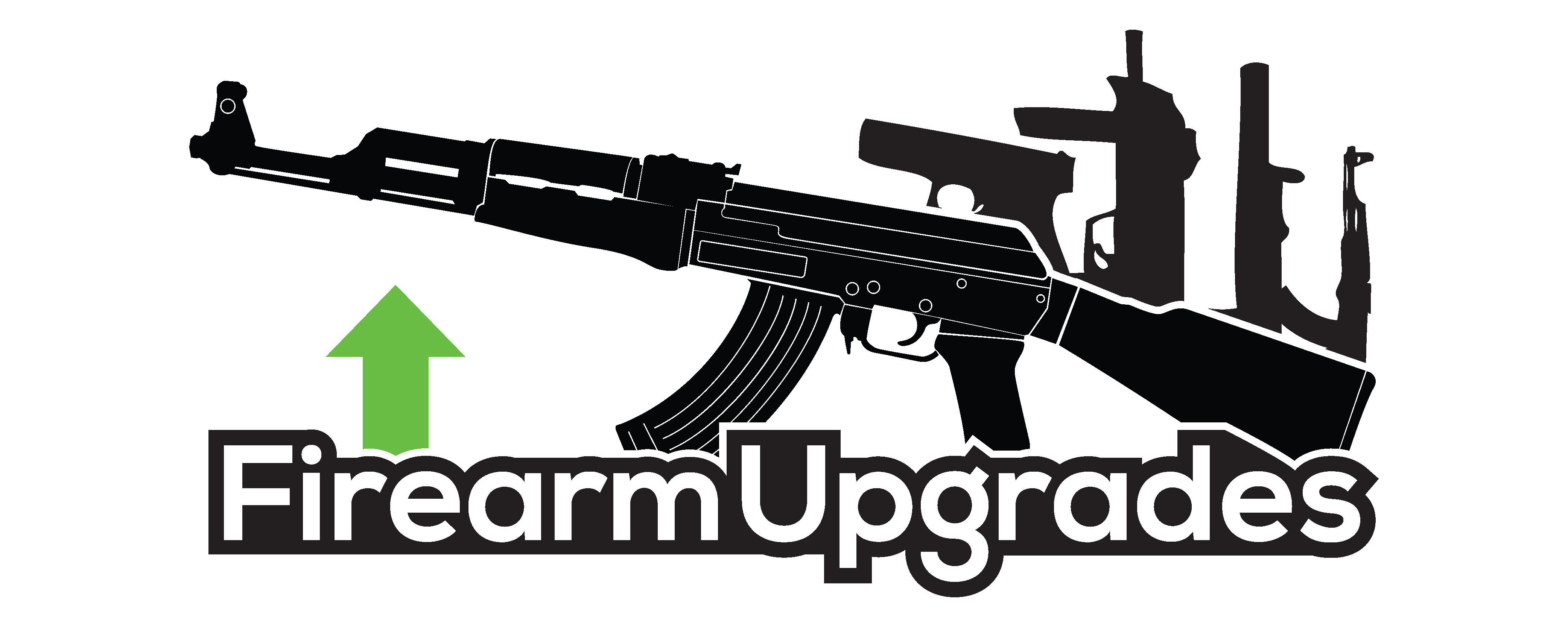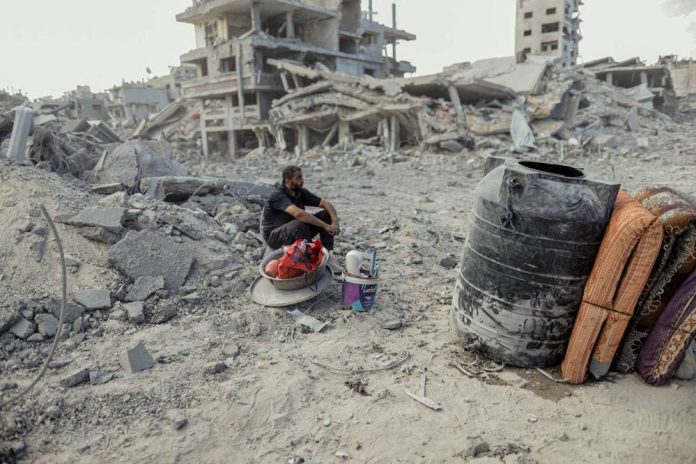The recent agreement between Israel and Hamas for an initial phase of U.S. President Donald Trump’s peace plan has prompted a sense of relief across the region. A cease-fire has now begun, and the remaining hostages in Gaza are set to be released in the coming days.
Israelis and Palestinians have been celebrating the deal and are hopeful that it will lay the groundwork for a permanent end to the devastating war, which began two years ago after a Hamas-led attack on Israel. The conflict has left Gaza in ruins and is estimated to have killed more than 67,000 Palestinians. Israel has been widely accused of committing genocide in Gaza—where a famine was declared in August—and of weaponizing aid.
There are myriad challenges ahead for advancing the peace process while also addressing the needs of those impacted by the war. To get a better understanding of the situation on the ground at this crucial moment, Foreign Policy spoke with Mathieu Bichet, deputy medical director at Doctors Without Borders (MSF), on Thursday. FP’s conversation with Bichet took place just hours before the Israeli government voted to approve the deal for the “first phase” of Trump’s plan, and a day before a cease-fire began.
Bichet is in MSF’s field hospital in Deir al-Balah after being evacuated from Gaza City amid Israel’s offensive there. He offered insights on how Palestinians are responding to the cease-fire agreement as well as the ongoing problems they’re facing on issues ranging from supply shortages to addressing mental health.
This interview has been edited for length and clarity.
Foreign Policy: First of all, how are you? How is your team?
Mathieu Bichet: So, myself, I’m fine.
The team today is quite happy and hopeful regarding the cease-fire. That was on everybody’s face this morning, this afternoon. But then we are also grieving our two colleagues who died recently. We lost two of our colleagues in a strike on Oct. 2.
FP: I’m so sorry. What is the mood like on the ground after this deal? Are people optimistic?
MB: Yes, despite there still being some bombing. But now it’s been a while and I haven’t heard anything.
When rumors emerged last night that a cease-fire will come, we started to hear some happy shooting. This is a way to celebrate, which is probably not completely appropriate, but it shows the happiness of the people. Then, of course, with our staff, we could notice that they were happy and full of hope.
FP: You recently had to evacuate from Gaza City. What are some of the biggest challenges you’ve faced in conducting your work during the Israeli offensive and after evacuating?
MB: The main challenge in Gaza City was the security. That’s why, in the end, we had to evacuate, because there was shelling all the time, everywhere.
The trigger for our departure was the arrival of the tanks inside the city next to our clinic—about 700 meters from our clinic. That was considered a red line for us and we had to leave.
Security was the main challenge. But then of course there’s a challenge with materials, medication. Shortage of supplies—that’s a really big challenge, and that’s all over the [Gaza] Strip.
FP: What are the biggest areas of need in terms of equipment and materials?
MB: Sterile gauze. That’s the first thing I would say. Also, medication. It’s mainly basic items. It is mainly dressing material, bandages, all those very crucial items.
FP: And are the shortages largely just due to continued Israeli restrictions on aid coming into Gaza and movement of aid within Gaza as well?
MB: Yes, of course, that’s completely linked with those restrictions. The complexity of having a channel of supply is definitely a huge challenge for all the health workers here. That’s clear.
FP: Are you hopeful that this Israel-Hamas agreement will make it easier to get supplies and help people?
MB: Hopeful? Yes. But I don’t know whether this issue of supplies will still be used as a way to constrain the strip.
We do have some hope. There are tons of materials that are waiting outside of the border. I think yesterday we succeeded in bringing in our materials. But it’s not only about MSF, it’s about the WHO [World Health Organization] and all the other actors. So, I don’t know exactly how this cease-fire will be in terms of the flow of humanitarian aid. And it’s, of course, not only about what is necessary to operate the health sector but also the food.
FP: Can you talk more about what it was like to evacuate from Gaza City?
MB: I’ve been in Gaza for about a month. I spent only three or four days in Gaza City. I was supposed to replace one of my colleagues there. We were doing our handover when our headquarters said, “OK guys, now it’s getting too serious, and we cannot stay.” So, we had to evacuate the staff and move all our things in order not to lose them.
And, of course, the same day we had to see all the patients who were waiting. More than 150 patients were waiting. We had to give them instructions, a little bit of supplies, and explain to them how to continue to apply their bandages when we are not here anymore. This clinic was basically for wound care. But extremely complex wounds—very often infected, and people of all ages. There were also wounded patients facing malnutrition. This category of patients have these chronic wounds that are often infected. Malnutrition is a comorbidity that is not in favor of proper healing.
The situation regarding access to food, when I was there in Gaza City, was very precarious. When you go to the south, you see in the market a little bit more food, but it’s still extremely expensive. There are kids who are malnourished.
FP: How does the situation in Gaza compare to other conflict zones you’ve worked in?
MB: Last year, I was in Sudan, in Darfur, which is also a traumatic situation with a great volume of displaced persons, extreme violence, malnutrition, epidemics, etc. So, for me, it’s a bit difficult to compare.
But what is unique here, amid the carpet bombing that the people are suffering, is that they cannot escape. They cannot escape, and this makes it quite unique. And the level of technology that is used to harass and to kill—in my experience of 20 years with MSF—is quite unique also. Everything that is used to target, to destroy, is massive. When you enter Gaza City, you’re speechless in your car for minutes because you’re like, “I can’t believe it.” Even if you saw photographs before.
FP: Just in terms of the level of destruction?
MB: Yes, the level of destruction. I don’t understand, nobody understands.
The people have no hope. They’re just like, “It has to stop. Why? Why?” They ask, “Why my daughter? Why my brother? Why my little sister?” It’s unbelievable.
And I never saw, except maybe after the [Haiti] earthquake in 2010, a volume of wounded people like that in the street, in the health facility, in the waiting rooms of the health facility. Some of those cases should be hospitalized, but there’s no more beds. The bed capacity is overwhelmed.
FP: Can you talk about the mental health challenges that Palestinians in Gaza are facing? I can imagine that it’s especially difficult for Palestinians who are working with NGOs [nongovernmental organizations] like MSF, where they are helping to address a situation that is also impacting them. They are also starving, they are also facing bombings and losing family—and yet they are trying to help.
MB: Our colleagues are openly sharing with us their feelings about that. I spoke to a person working with another NGO—we were discussing ways to collaborate on some issues—and she was saying that if it was just about us, we would stay at home and cry, but we are waking up in the morning just to do our job because patients are there and this is what we need to do.
So, they continue. They tell us that working is their way to cope. They are really heroes who are working every day.
FP: It’s obviously been hard to even address basic needs in Gaza, including water and food. But mental health is important. Is it difficult for organizations like MSF to address mental health issues in a conflict zone like Gaza?
MB: Yes, it is. It’s all the strip that’s affected.
We try to complete our care for patients with the mental health team and psychosocial programs. But we do not currently have an open program that will address this for the entire population, because it’s not possible for us. The targeted population for us is our wounded patients. Some of our other MSF colleagues are taking care of malnutrition in children. They will have this activity that is combined with their medical activity. This is what we do in our organization because it’s too difficult to address this need.
FP: What will your top priorities be during the cease-fire as more aid flows in?
MB: We have different branches of MSF here, so we try to complement each other. One of them is in charge of maternity and children. And three others, we are focused on trauma care and burn[s]. Burn care and trauma care is massive. There are also those complicated wounds among a large volume of population that need to be addressed. We are working with other organizations to cope with this. So, this is the priority.
I would say the other priority is water. We are doing water trucking, which other organizations are also doing. So, we are providing drinkable water in different places for the population.
But I would say that trauma care is still one of the main needs.
FP: Is there anything that you would like to say that you think is particularly important for the outside world to understand about the situation in Gaza and what you’ve been seeing there on the ground?
MB: Wow, many things.
Honestly, what is shocking—and sorry to repeat myself—is the magnitude and the level of harassment with the use of technology like drones. This includes suicide drones. There are bombs that are supposed to target a specific person, but they’re killing, like, everybody within 20 meters.
The intensity of the killing here—nobody understands the meaning of it. And I think something that people need to understand is, you know, why? Why are all those innocent people supposed to die? It’s unbelievable that this country is applying this advanced military technology to kill and destroy. Why?
And the systematic attack on hospitals. I’m not even talking about the schools—I saw so many schools run by the U.N. destroyed. Why? It’s crazy.
Sorry, I’m just a medical doctor. I’m not an analyst. But, again, why?

